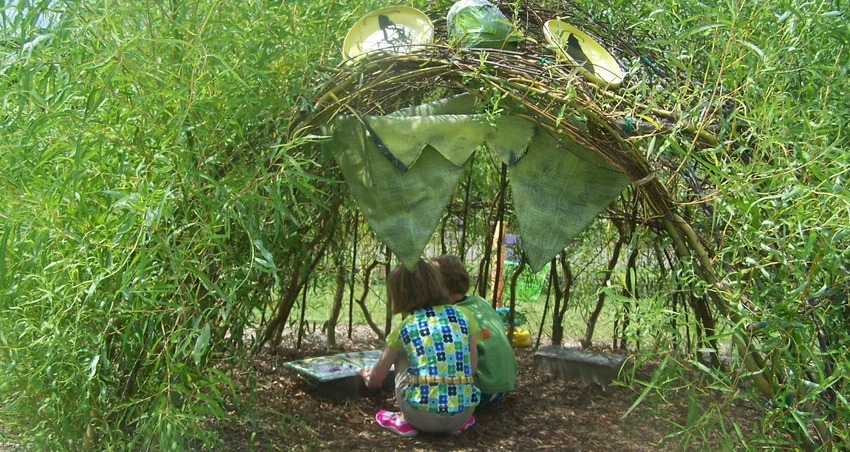Families raising small children require serious organizational work to make the four weeks fun and safe for the little ones from the time that Kindergarten ends and, for the school aged children, the more than ten weeks of vacation time. The parents’ vacation time is usually not enough to cover their children’s and grandparents are often called upon to help out while Summer and Day camps may provide a solution for a few weeks. But, whatever is chosen, parents must be aware and keep on the lookout for the many dangers lurking everywhere during Summer.
We are continually being told to protect our children against UV rays. How can the parents truly and effectively protect their children?
Your children’s backpack should always contain sun block of the appropriate UV protection factor, sunglasses with UV protection and a cotton hat or scarf with the reminder to actually use them. The most dangerous time of day, when the sun is the hottest, is between the hours of 11 a.m. and 3 p.m. Children should be kept out of the sun during these hours and wear a white shirt or T-shirt at other times since their skin is at least as sensitive to UV rays as the most sensitive white skin of an adult. Furthermore, the skin does not forget the damages of previous years, adding them all together and possibly leading to melanoma, the most aggressive skin cancer, by the time they reach adulthood. The sun block should be water proof to give protection even while perspiring during play or getting into the water.
Following a day spent in the sun, small, itching red dots or blisters appear on a child’s body, at times. How do we know the cause and what should we do?
The red dots or blisters can be caused by touching certain plants, such as the stinging nettle. Various insects can cause acutely itching, burning local inflammations, red rashes, swelling and lumps for which you would do well to keep antihistamine at home. The most common bites are from mosquitoes. Their bites itch terribly due to the anticoagulant they inject into their prey with their saliva prior to sucking. Since children are prone to scratch the bites which can lead to infection, it is important to apply a cooling and soothing cream to the bite site as soon as possible. Tiny red dots can also be caused by bites from spiders and ants.
We do not have dangerous spiders similar to the black widow spider; however, our spiders can cause intense skin irritation if the bite happens to be in a soft, sensitive area such as skin folds. Ant bites can also be very itching and cause a red rash due to the irritating formic acid. The most unpleasant is the bite of the horsefly (found at the edge of the woods, near grazing fields) since the pain can last for several days, causes acute skin inflammation and a burning swelling.
The bites from our insects are usually harmless and the symptoms can be alleviated with cooling and prescription anti-inflammatory creams. The cure-alls seen in advertisements are usually worthless.
The above cause temporary discomfort. What insect bites can have more serious consequences?
Ticks, for one, can cause serious problems. If they are carriers of infectious agents they can pass these on to their prey through their saliva causing various serious illnesses such as Lyme disease and tick-borne encephalitis. It is advisable to get inoculated against tick-borne encephalitis (Note: the vaccine does not protect against Lyme disease!) since the products available as protection against ticks have been found ineffective. Also, thoroughly examine your children at bath time, if they have been in a place suspected of having ticks.
If a tick is found, do not push on it or turn it, simply remove it with a tweezer or a tick remover spoon with a quick jerk. We must remember that ticks are not only found in the woods while hiking but also on city playgrounds.
Bee and wasp stings can also be quite painful and of special concern to those with allergies. In those cases, the stings can cause serious allergic reactions, oedema of the throat, drop in blood pressure and bronchospasm that may lead to possible anaphylactic shock. If anaphylactic shock should set in, the person affected should be injected with adrenalin and an ambulance called. Even without allergies, these stings are dangerous when they occur in the mouth cavity when, for instance, a wasp got into a glass holding a little juice.
After removing the stinger left behind by a bee or wasp, a skin relaxant cream should be applied to the site, cooled by washing it down with cold water and using cold compresses. If the allergic reaction is more serious, for example, the lips are swelling, the throat is painful, there is hoarseness, speech and breathing difficulties, then help should be called immediately. Those who are aware of their allergy should always keep adrenalin on hand.
Are Summer skin infections common? How can we prevent them?
We can find a great variety of skin infections on the beaches, in swimming pools and public showers. The most common bacterial infections are inflammation of the follicles, furunculus, painful inflammation of the glands in the armpit and impetigo. Skin fungal infections between the toes and viral warts are also common
Damp swimming suits can also cause urinary tract and vaginal infections. Proper hygiene is the way to protect ourselves. Children should be taught to shower thoroughly before entering and after leaving the swimming pool and to dry the folds of their bodies well. All this defensive action is still not 100% protection. Do not stay in a wet bathing suit on, if possible, change into a dry suit after showering. It is advisable to keep antibacterial and antifungal creams at home in case of infections.


